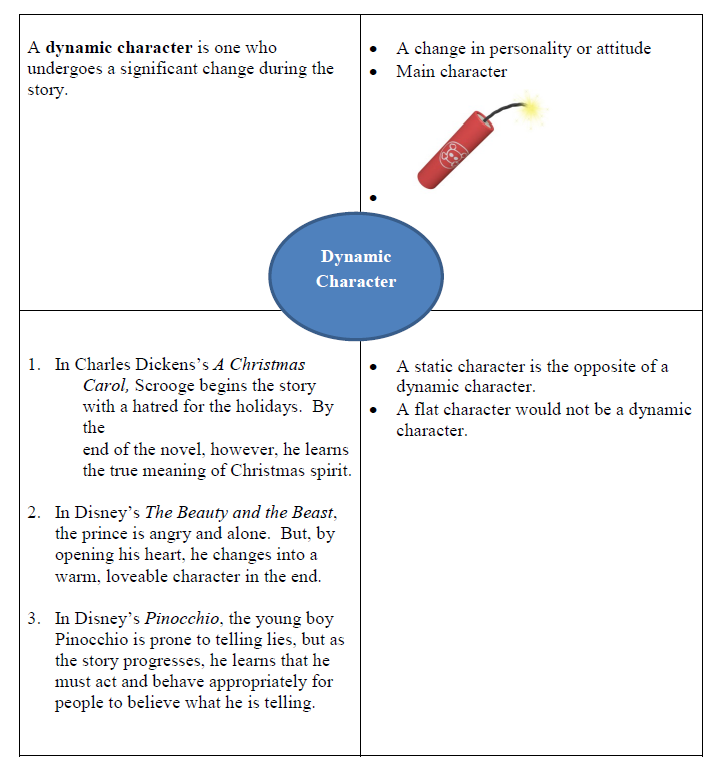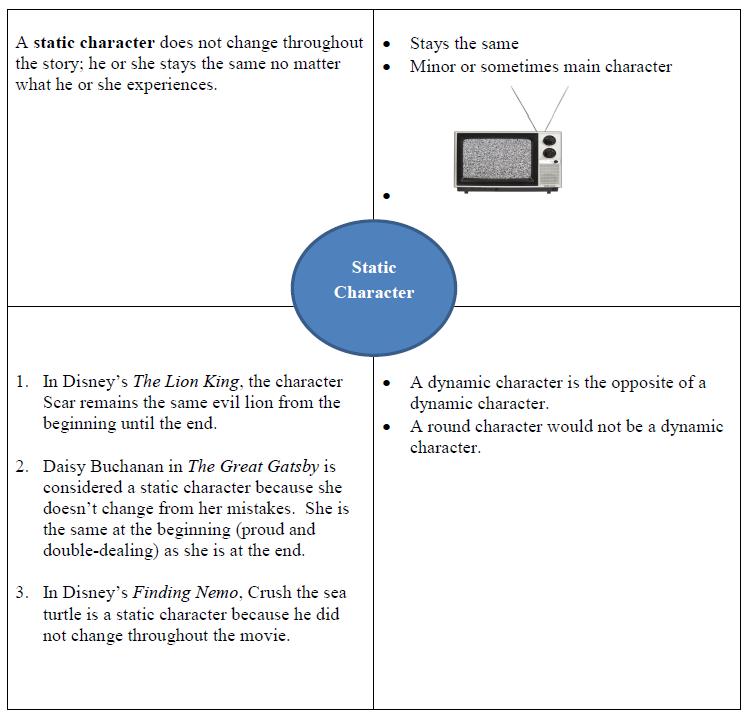Introduction
Throughout this course, you have learned how to write an expository essay, a rhetorical essay, and a reflective essay. Each of these essays focused on different aspects but held the same format.
In this lesson, you will be learning how to write a literary analysis essay. This type of writing will prepare you for eleventh and twelfth grade English as well as college–level writing. In your literary analysis essay, you will explain whether or not you believe Hester Prynne to be a dynamic character.


